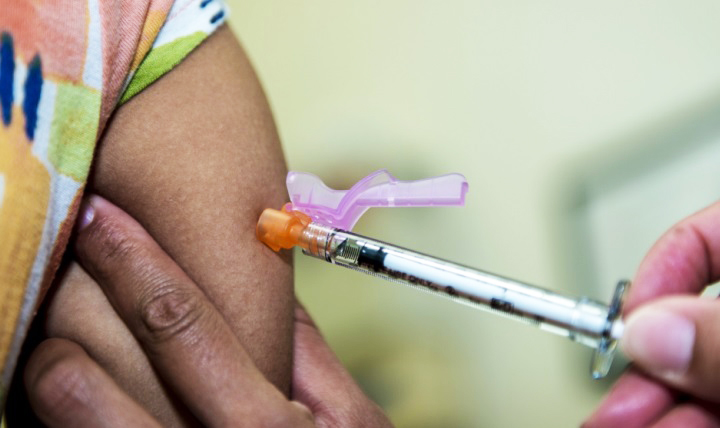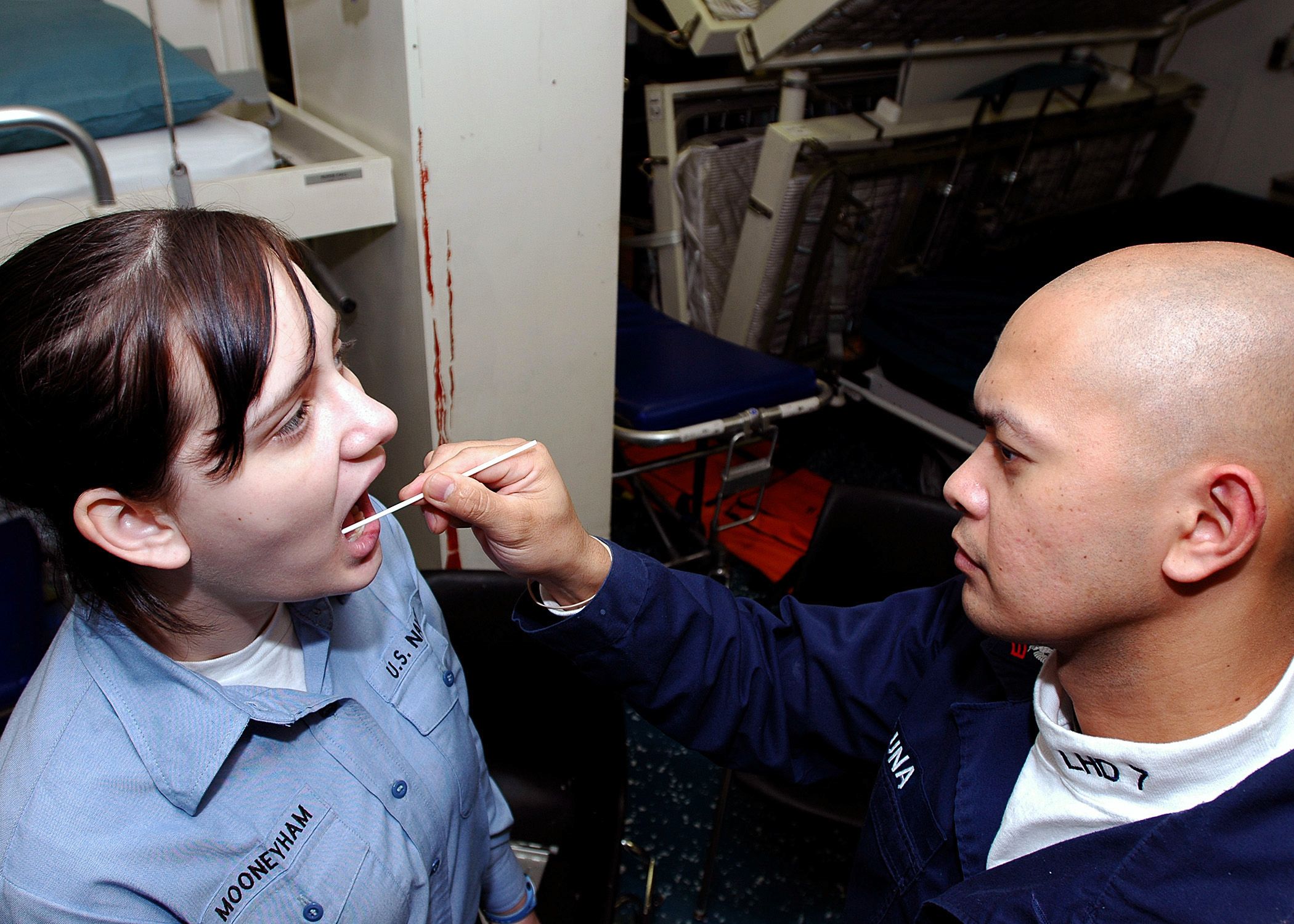
We’ve Recorded A Record Number of STDs Last Year
According to a recent press release from the CDC, there were over 2 million cases of chlamydia, gonorrhea or syphilis reported in the United States in 2016. In the CDC’s annual Infectious Disease Surveillance Report, it became clear that the most common STD reported last year was chlamydia. Chlamydia accounted for 1.6 million of all
October 13, 2017
Read more










